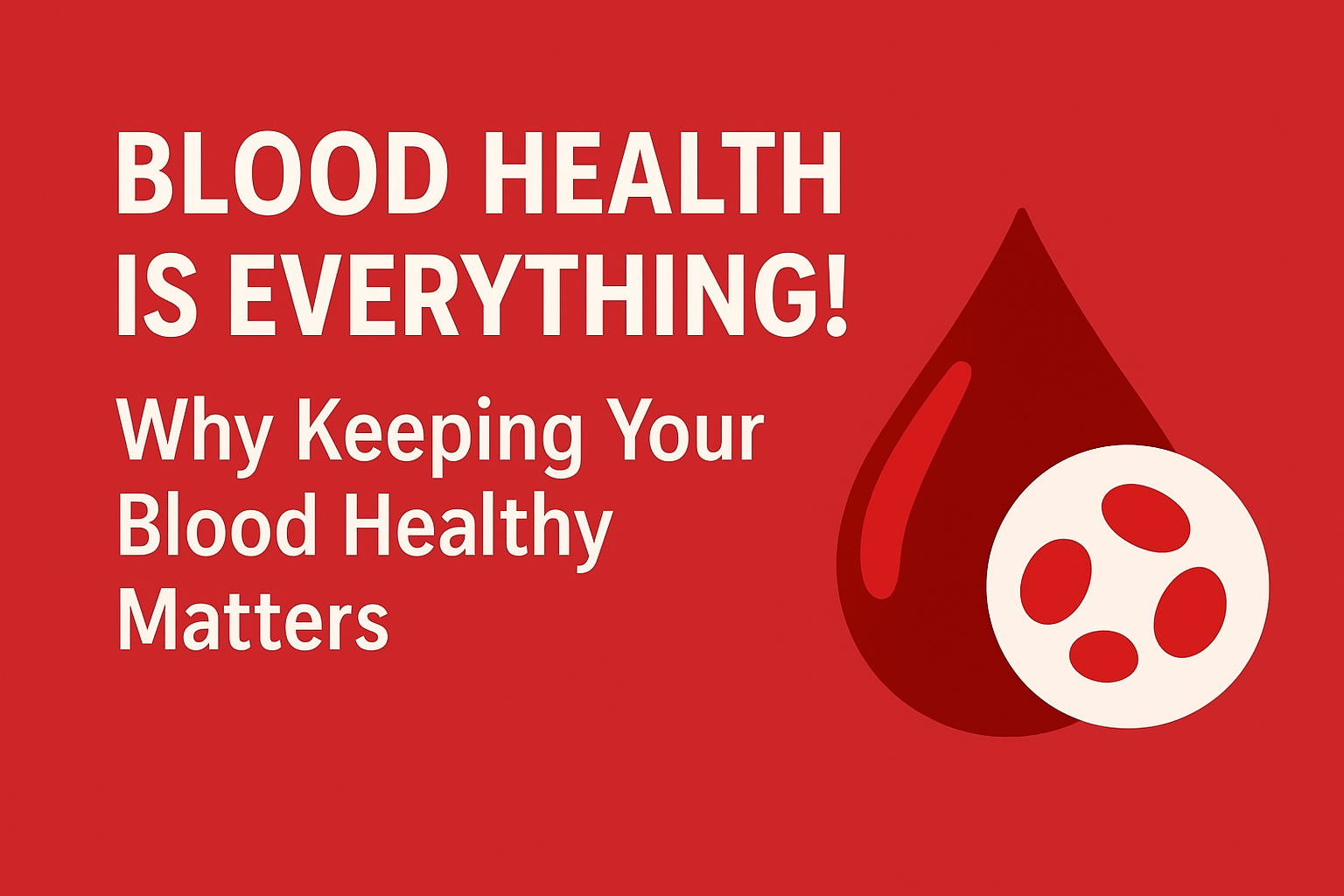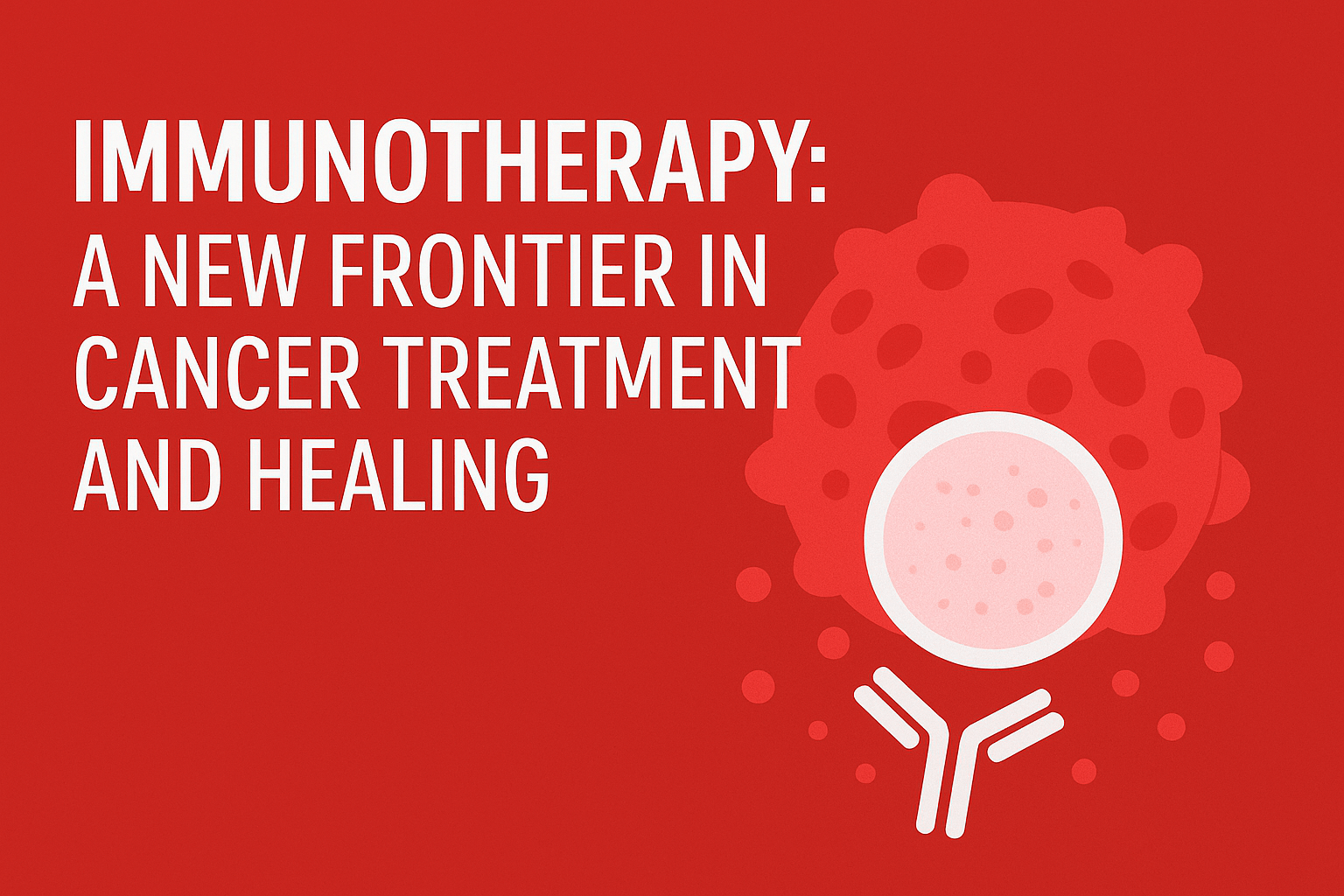We humans depend entirely on the blood flowing through our bodies to survive. Every heartbeat keeps us alive by circulating this vital fluid — carrying oxygen, nutrients, and hormones, while removing waste and toxins.
That’s why maintaining good blood health is crucial for overall wellness.
Let’s dive into the importance of blood health, starting with the basics
What Is Blood?
Blood is a specialized bodily fluid that performs multiple essential functions. It transports oxygen and nutrients to every cell while removing waste products like carbon dioxide, urea, and other toxins.
If blood doesn’t flow freely or loses its balance, it can lead to serious — even fatal — health issues.
What Is Blood Made Of?
Blood has two main components — plasma and cells.
Plasma (55% of blood)
Plasma is the liquid part of blood, made up of about 92% water and 8% other vital substances, including:
-
Proteins
-
Glucose
-
Mineral salts
-
Carbon dioxide
-
Hormones
-
Vitamins
-
Fats
The Cellular Portion (45% of blood)
This part consists of:
-
Red Blood Cells (RBCs or Erythrocytes) – Carry oxygen from the lungs to tissues and remove carbon dioxide.
-
Lifespan: 3–4 months
-
Normal count:
-
Men: 4.5–6.2 million/microliter
-
Women: 4.0–5.2 million/microliter
-
-
-
White Blood Cells (WBCs or Leukocytes) – Defend the body against infections and diseases.
-
Normal count: 3,700–10,500/microliter
-
-
Platelets (Thrombocytes) – Help in blood clotting and prevent excessive bleeding.
-
Normal count: 150,000–400,000/microliter
-
How Does Blood Function?
Blood performs vital life-sustaining functions, including:
-
Carrying oxygen to all body tissues
-
Delivering nutrients (amino acids, fatty acids, glucose, etc.)
-
Removing waste products (like urea and lactic acid)
-
Regulating body temperature and pH
-
Protecting against infections
-
Transporting hormones and chemical messages
-
Assisting in healing and clotting
💉 Common Blood Disorders
Unhealthy blood can cause serious health conditions. Since blood connects every organ and system, problems in blood health can quickly affect your entire body.
Some of the most common blood disorders include:
1. Anemia
A condition caused by low red blood cells or hemoglobin, leading to fatigue, dizziness, and weakness.
2. Blood Clots
When blood thickens and clumps, it can block circulation — potentially leading to stroke or heart attack.
3. Blood Cancer
Includes leukemia, lymphoma, and myeloma — all serious conditions that affect blood-forming tissues.
In fact, poor blood health is connected to a large number of diseases. Since blood supports oxygen delivery, immunity, detoxification, and hormone transport — its health impacts nearly every aspect of your body.
❤️ The Takeaway: Healthy Blood, Healthy Life
Your blood is the foundation of your well-being. From nourishing organs to defending against disease, everything depends on it.
Unhealthy blood means an unhealthy body — so caring for it should be a top priority.
Simple steps to improve blood health:
-
Eat iron-rich foods like spinach, beetroot, and lentils
-
Stay hydrated
-
Exercise regularly
-
Get routine blood tests
-
Avoid smoking and excessive alcohol
At BloodSaathi, we believe that “Blood Health Is Everything.”
Let’s spread awareness and encourage everyone to take care of their blood — because a healthy flow means a healthy life.

